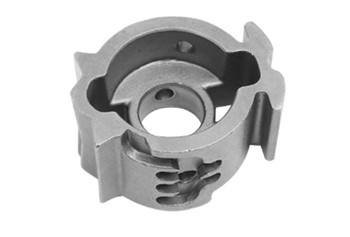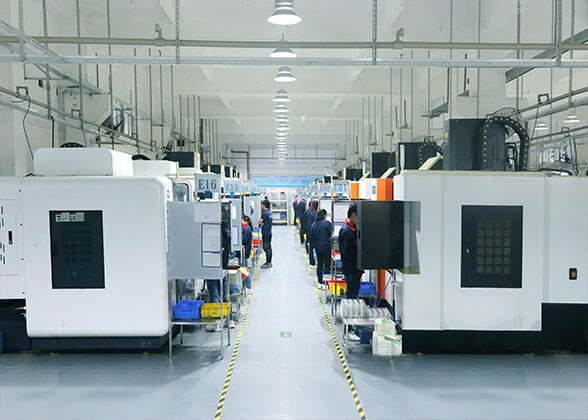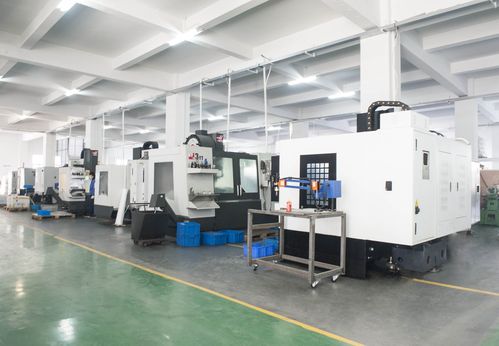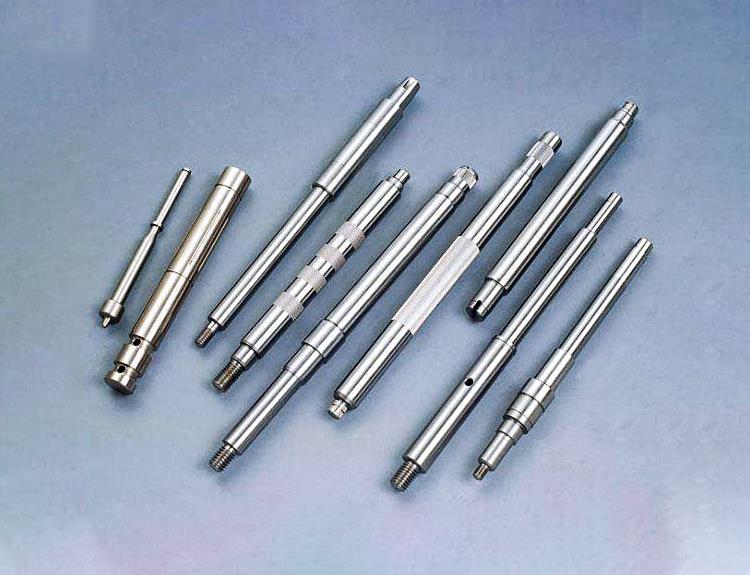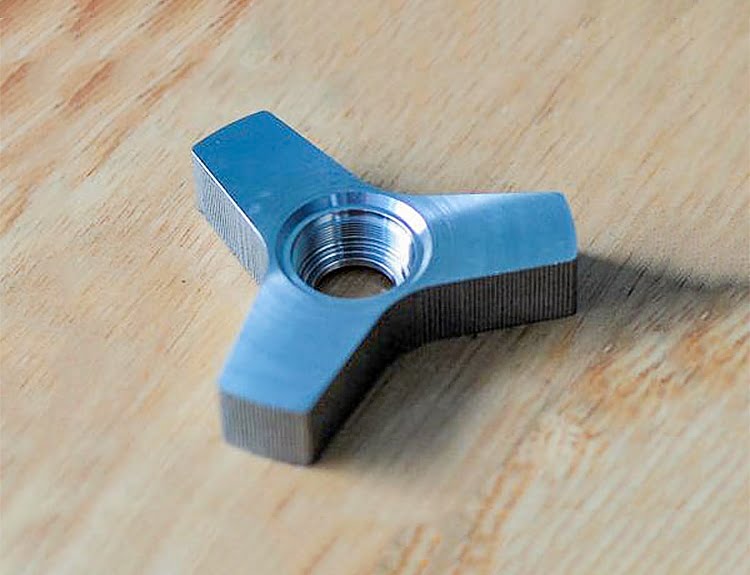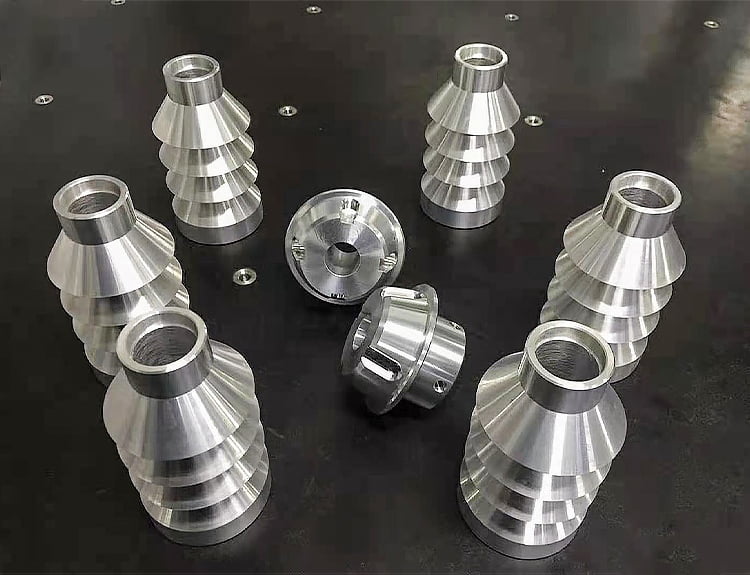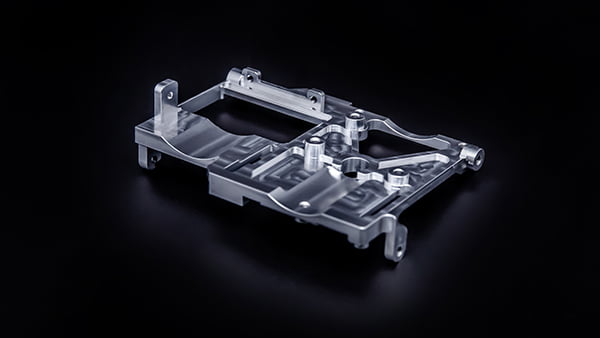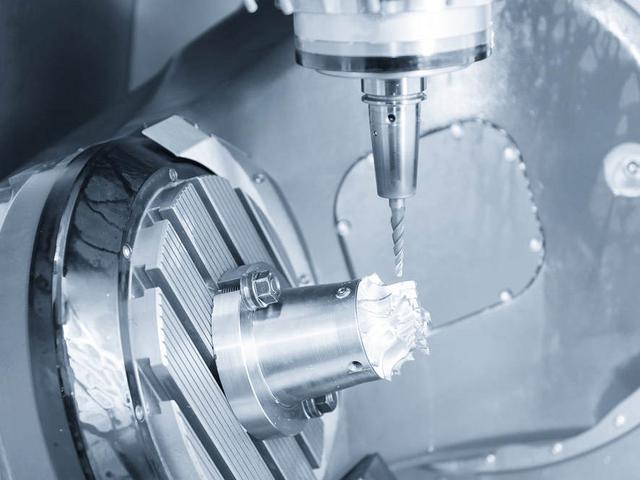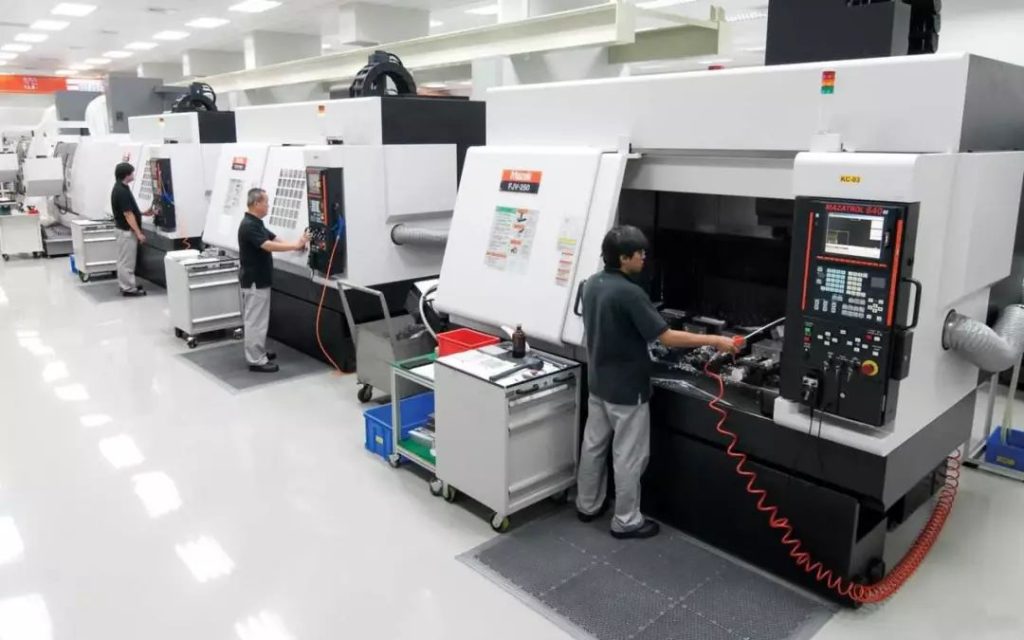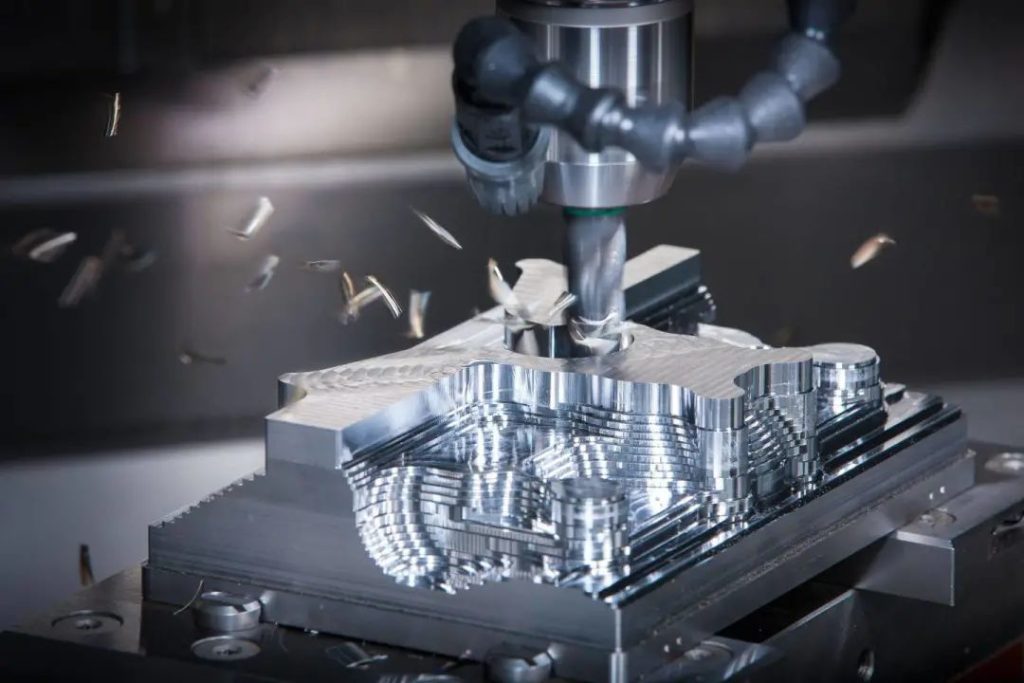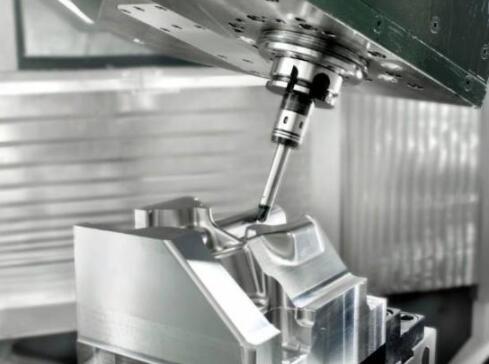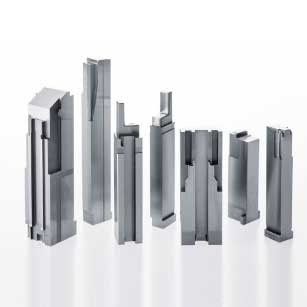Medical device industry is related to human life and health of the emerging industry, developed countries in the world in recent decades, has maintained a high annual growth rate, known as the sunrise industry.
Among the many subdivisions of medical devices, trauma, spine, joint, dental, cardiac intervention, etc. all belong to the category of surgical implants.
Due to the close contact with human body, the quality requirements are extremely high, and they are all high-value medical supplies.
No matter how innovative and upgraded the technology, to ensure the high quality of these products, we must be inseparable from precision machining technology, machine tools, tools, measurement, software and other equipment supporting.
Generally speaking, what are the differences between the medical device industry and other machining industries.
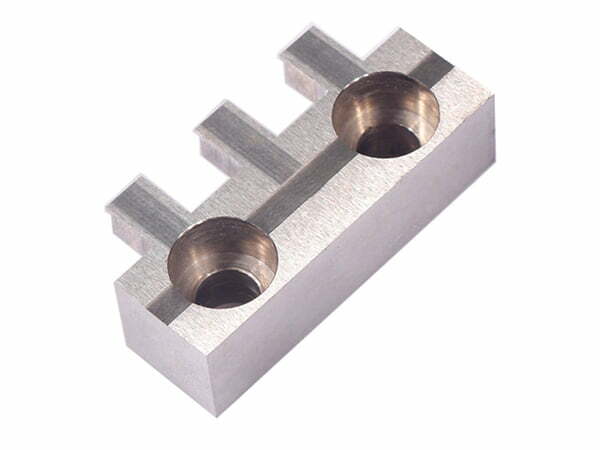
Requirements for machine tools
The requirements for machine tools are relatively high, such as Swiss automatic lathe, multi-spindle machine tool and rotary table and other advanced medical equipment processing.
The requirements for machine tools are relatively high, such as Swiss automatic lathe, multi-spindle machine tool and rotary table and other advanced medical equipment processing.
The requirements for machine tools are relatively high, such as Swiss automatic lathe, multi-spindle machine tool and rotary table and other advanced medical equipment processing.
processing efficiency
For medical devices, the most important thing is the processing efficiency, that is, the processing beat.
It requires that the blade can be replaced in the shortest time, and the life of the tool should be as stable as possible and as long as possible.
In this way, we can ensure the 24-hour operation of the machine tool and compete with other competitors in the market with very high production efficiency, so as to achieve competitive advantages.
mechanical parts of the work
From the workpiece itself, and other mechanical parts have a big difference.
The medical instruments implanted into human body are required to have a very good surface finish and a very high precision without any deviation.
which requires the tool from the design of blade structure to the design of blade coating to meet high processing requirements.
In addition, it also includes the repeated positioning accuracy of the blade, which can not ignore the requirement of high quality while ensuring the improvement of efficiency.
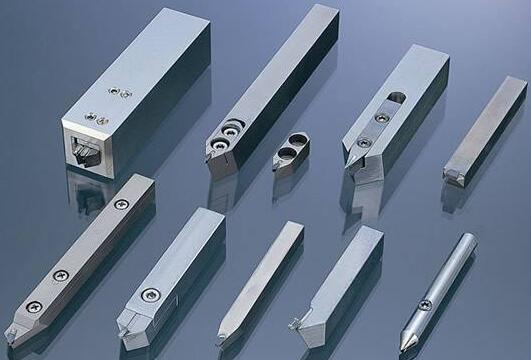
Special requirements for tools for medical device processing
In medical practice, in order to adapt to human conditions, implant manufacturing requires the use of titanium alloy, stainless steel and special alloy materials with high corrosion and wear resistance.
To process these materials, quality and efficiency must be ensured at the same time, which poses a great challenge for machining tools and medical materials.
The medical device industry is developing very fast, just from the workpiece materials, development is very fast, including the common titanium alloy, superalloy and so on. The properties and structure of the same titanium alloy are also changing.
To realize the smooth development of medical devices, the last key cannot be ignored -- that is, precise measurement. When both tools and machine tools can meet the precision requirements of medical instruments, measuring equipment is needed for testing, so as to protect the safe use of medical instruments.

